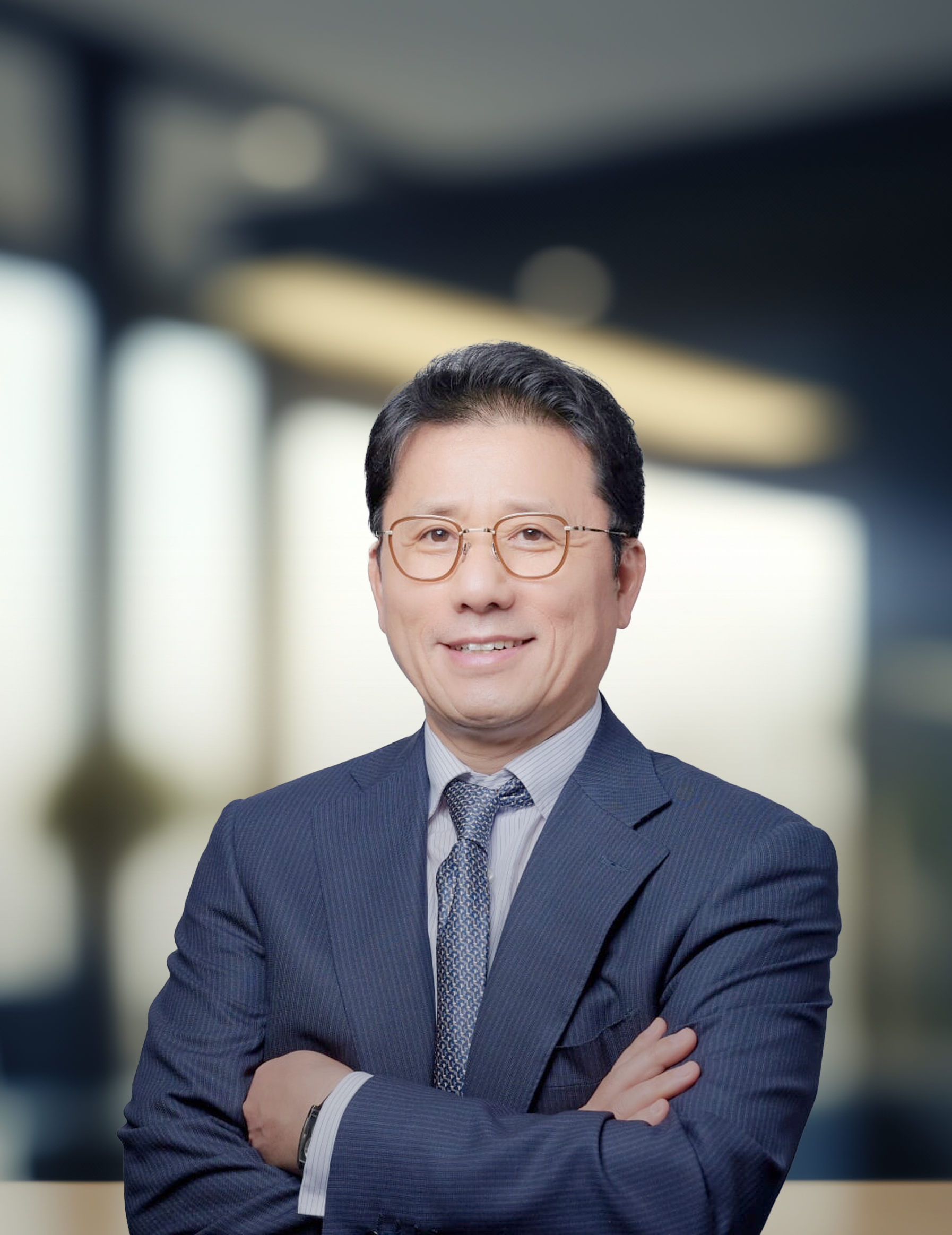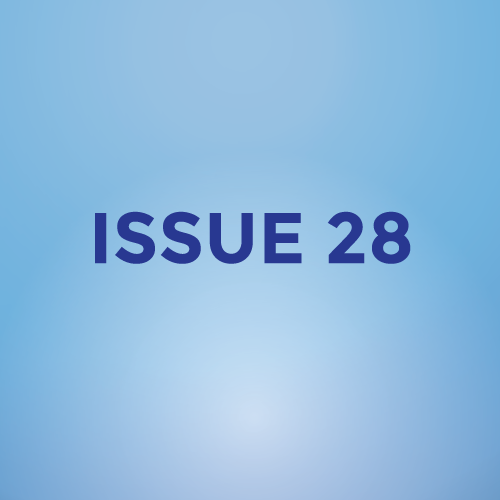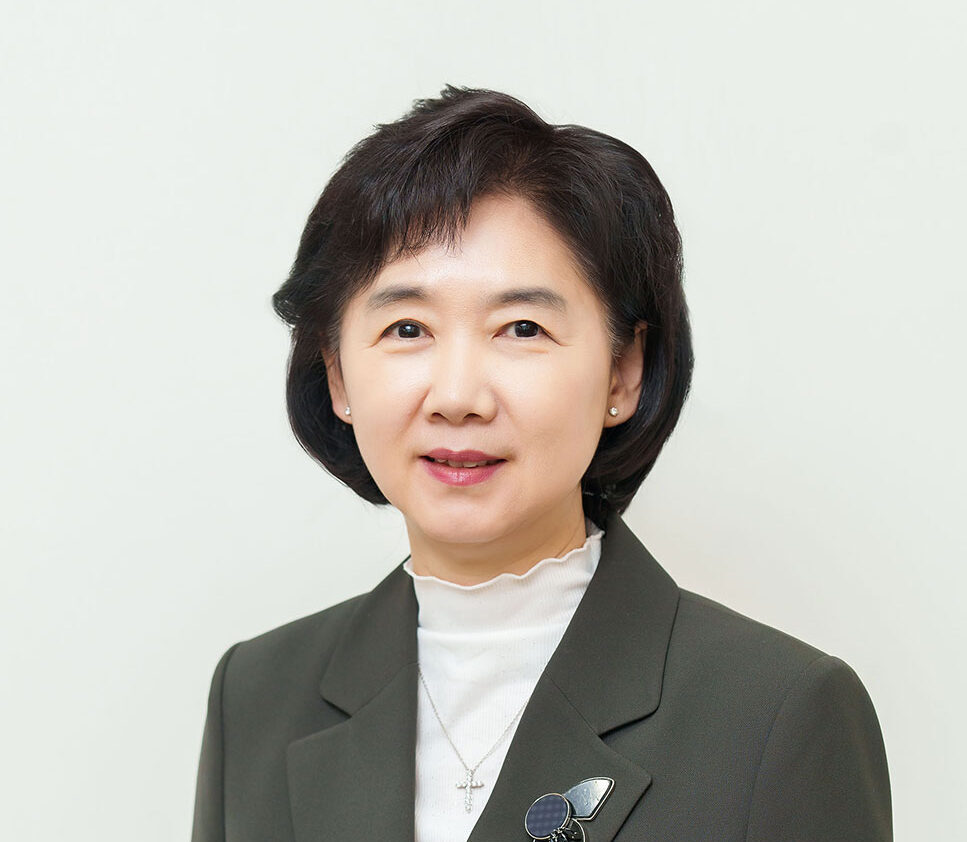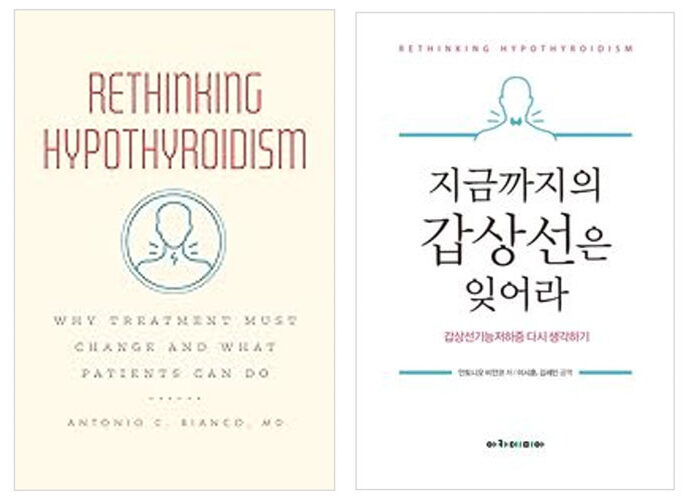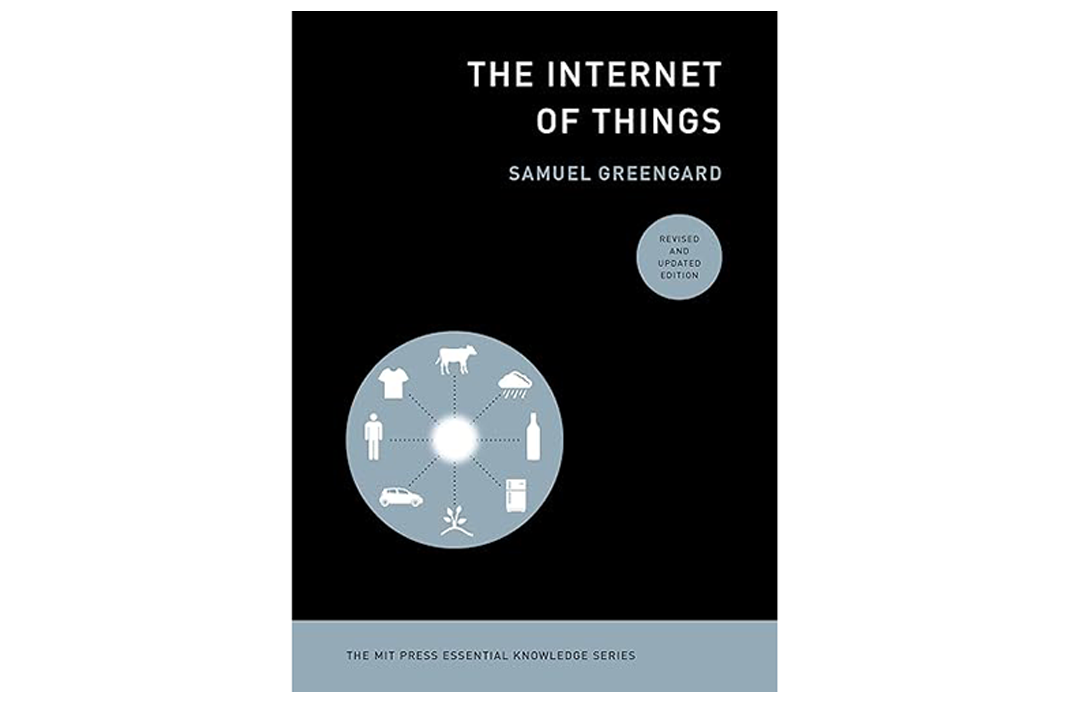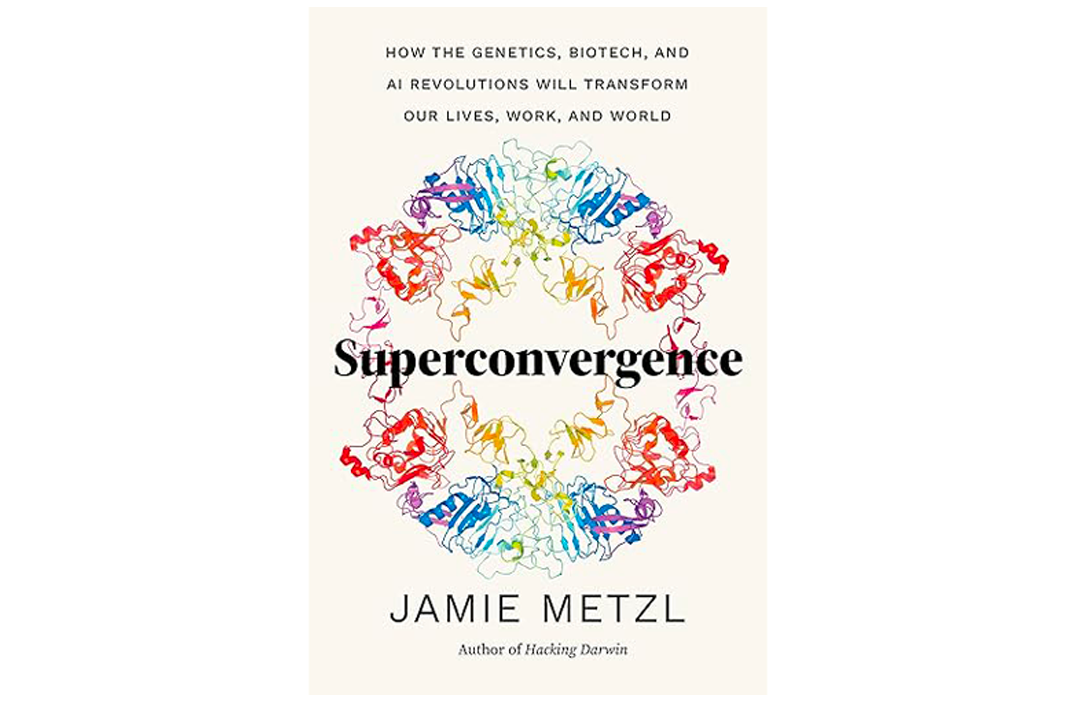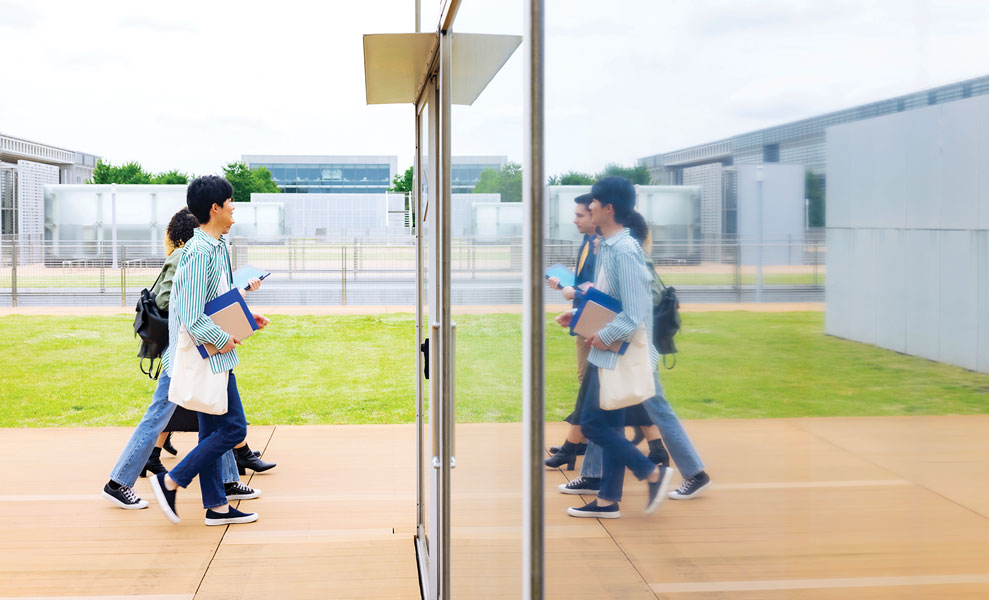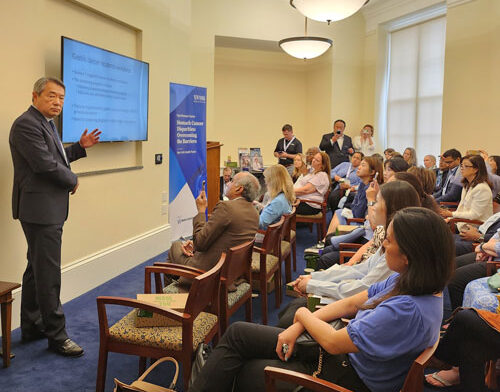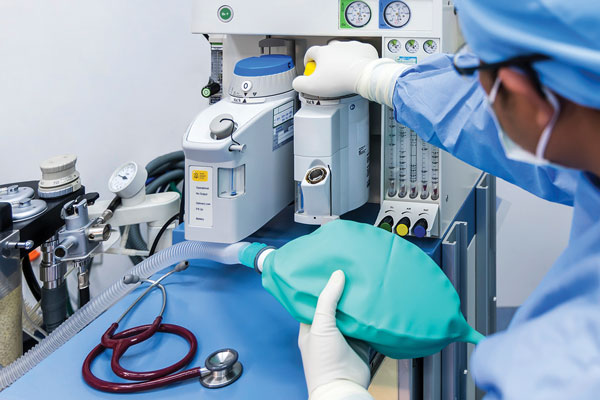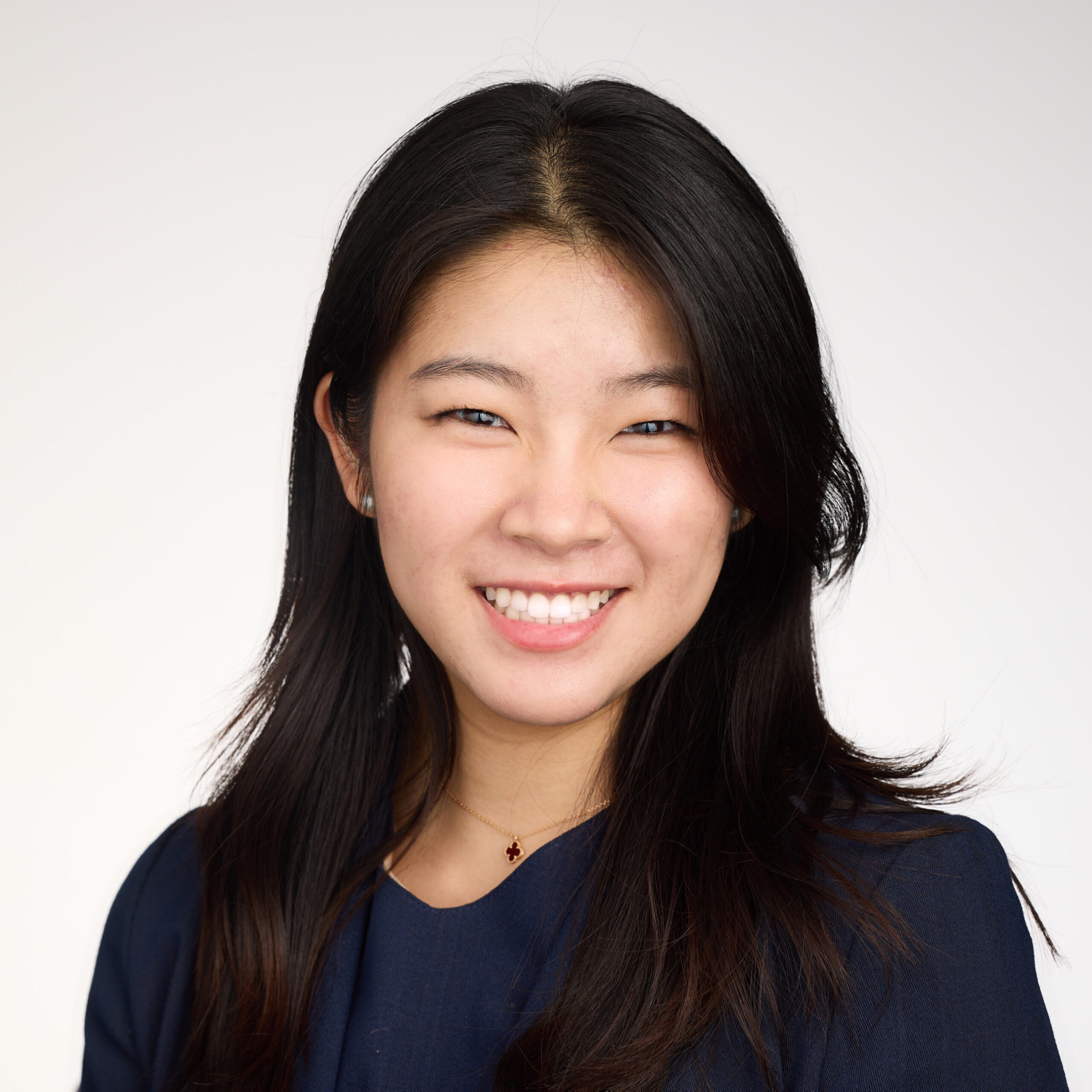As
this month’s issue focuses on Medical Ethics, I want to share my thoughts on the importance of self-awareness and resilience in becoming a physician who treats the whole patient – not just the disease.
Since high school, I’ve kept a journal to practice gratitude and document accomplishments and happy memories that I want to look back on. While I use my journal as a way to relieve stress, I’ve realized that I often hesitate to write anything negative – afraid that voicing my doubts would make them feel more real. This tendency to focus on “good thoughts only” has sometimes prevented me from engaging in the deeper self-reflection I truly needed.
Though this coping strategy got me through a lot, I’ve learned it isn’t sustainable. With the challenges of balancing multiple life roles – especially as a busy medical student – I found myself feeling lost and overwhelmed. I decided to turn to my school’s Student Affairs and Wellbeing team for support.
At first, I found it awkward opening up to a counselor, someone I was meeting for the first time. It was unsettling that the simple introduction of “Hello, my name is…” was quickly followed by insecurities I couldn’t even bring myself to write down in my private journal. I also couldn’t ignore the cultural stigma surrounding mental health – the idea that seeking therapy might reflect poorly on my family and imply weakness.
However, after just three sessions, I felt a sense of relief. Speaking with a professional helped me organize my thoughts, see the bigger picture, and realize that what I was going through was a normal part of life. I learned that, no matter the struggle, failure, or loss, the first step is to show myself grace. Progress may be slow, and setbacks are inevitable, but with time, I will grow stronger.
Through these sessions and conversations with trusted faculty members, I realized that I wasn’t just seeking support and mental health resources to clear my mind and dedicate more time into being a successful medical student. It was about doing the inner work necessary to become the kind of physician my future patients need.
Feelings of shame can cause patients to avoid necessary care and withhold vital information from their doctors. This barrier to open communication hinders effective diagnosis and treatment. Without self-awareness, I would not have the skillset to create a safe, nonjudgmental environment for my patients, nor would I be able to fully apply the clinical skills I’ve worked so hard to develop.
Therefore, my biggest resilience goal is to shift my focus inward – on what truly matters for my growth as a future physician. Whether that means learning to sit with sadness, setting boundaries, or openly facing my doubts by reaching out to my support system, I want to let go of shame and channel my energy into growth. By doing the inner work to build self-awareness and resilience now, I will be better equipped to remove shame from sickness, foster trust, and inspire meaningful change in my future patients!

